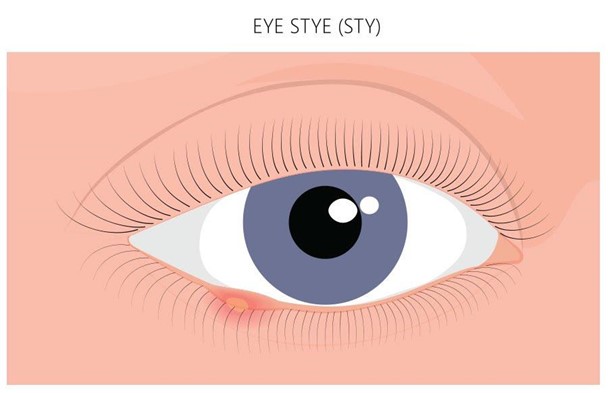A nurse is preparing to review discharge instructions with a client who reports having hearing loss. Which of the following actions should the nurse plan to take?
Stand next to the client when speaking.
Guide the client away from background noise.
Provide a copy of the instructions printed in Braille.
Repeat any phrases that the client misunderstands.
Correct Answer : A,B,D
Choice A Reason: This is a correct choice. Standing next to the client when speaking is an action that the nurse should plan to take, as it helps the client hear better and see the nurse's facial expressions and lip movements. The nurse should also speak clearly and slowly, use simple words and sentences, and avoid covering their mouth.
Choice B Reason: This is a correct choice. Guiding the client away from background noise is an action that the nurse should plan to take, as it reduces distractions and interference with hearing. The nurse should also choose a well-lit and quiet place for communication and turn off any unnecessary devices or appliances.
Choice C Reason: This is an incorrect choice. Providing a copy of the instructions printed in Braille is not an action that the nurse should plan to take, as it is not helpful for clients with hearing loss. Braille is a system of raised dots that represents letters and numbers for people who are blind or visually impaired. The nurse should provide a copy of the instructions printed in large font or use pictures or diagrams to supplement verbal information.
Choice D Reason: This is a correct choice. Repeating any phrases that the client misunderstands is an action that the nurse should plan to take, as it ensures comprehension and clarification of important information. The nurse should also ask open-ended questions, encourage feedback, and summarize key points at the end of the conversation.
Nursing Test Bank
Naxlex Comprehensive Predictor Exams
Related Questions
Correct Answer is D
Explanation
Choice A reason: This is incorrect because the nurse should not include this in teaching. Massaging the affected side multiple times a day can trigger an acute onset of trigeminal neuralgia. Trigeminal neuralgia is a condition that causes severe pain in one or more branches of the trigeminal nerve (cranial nerve V), which innervates the face. The pain can be triggered by touch, pressure, or movement of the face. The nurse should advise the client to avoid touching or stimulating the affected side.
Choice B reason: This is incorrect because the nurse should not include this in teaching. Applying ice directly to
the skin can trigger an acute onset of trigeminal neuralgia. Trigeminal neuralgia can be triggered by temperature changes or cold stimuli on the face. The nurse should advise the client to avoid exposure to cold air or wind and to protect their face with a scarf or mask.
Choice C reason: This is incorrect because the nurse should not include this in teaching. Providing pureed consistency foods can trigger an acute onset of trigeminal neuralgia. Trigeminal neuralgia can be triggered by chewing, swallowing, or talking. The nurse should advise the client to eat soft foods that do not require much chewing and to avoid hot or spicy foods that can irritate the mouth.
Choice D reason: This is correct because the nurse should include this in teaching. Considering alternative therapies such as yoga, biofeedback or meditation can help prevent triggering an acute onset of trigeminal neural
Correct Answer is B
Explanation
Choice A Reason: An antifungal cream is not indicated for a sty, which is an infection of the eyelash follicle or sebaceous gland caused by bacteria.
Choice B Reason: This is the correct answer because warm compresses can help relieve pain and inflammation, and promote drainage of the sty.
Choice C Reason: Ice and cold compresses are not recommended for a sty, as they can constrict blood vessels and delay healing.
Choice D Reason: There is no need to test the other eye for vision loss, as a sty does not affect vision unless it is very large or obstructs the pupil.

Whether you are a student looking to ace your exams or a practicing nurse seeking to enhance your expertise , our nursing education contents will empower you with the confidence and competence to make a difference in the lives of patients and become a respected leader in the healthcare field.
Visit Naxlex, invest in your future and unlock endless possibilities with our unparalleled nursing education contents today
Report Wrong Answer on the Current Question
Do you disagree with the answer? If yes, what is your expected answer? Explain.
Kindly be descriptive with the issue you are facing.
